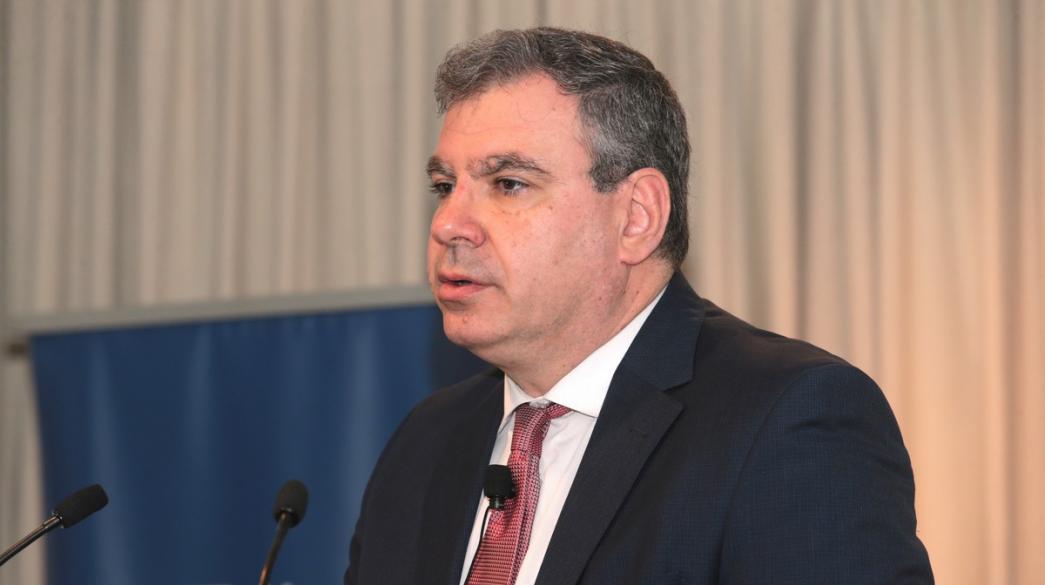The Foundation for Economic and Industrial Research (IOBE) is questioning the government’s optimistic scenario for a strong rebound next year, while adding in its latest report an unfavorable scenario for 2021, which sees the economy in recession for a second straight year with GDP shrinking by up to 4%.
Presenting the IOBE report, IOBE general director, Professor Nikos Vettas, underlined that the GDP this year will be better than the previous forecasts, but expressed his concern about whether there will be a dynamic recovery in 2021, even if the health crisis is solved.
IOBE’s basic scenario predicts that in 2020 GDP will contract by 8%, while international organizations, such as the IMF and the European Commission expect a greater recession, close to double digits. IOBE, taking into account the impact of the support measures taken, expects a smaller decline in GDP, as, among other things, public consumption this year is estimated to increase by up to 3%.
However, for 2021, the think tank appears to be more pessimistic than other organizations and the government, which expects a recovery of 7.5%. On the contrary, IOBE, in its basic scenario, estimates that GDP growth will not exceed 4% to 4.5%, as the economy will be burdened by the sharp decline in public consumption, up to 7%, as a result of the withdrawal of support measures.
The alternative, unfavorable scenario presented for the first time by IOBE, incorporates downbeat estimates for private consumption and investment, with reductions of up to 4.5% and 10% respectively, and a forecast for a drop in GDP of 2.5% to 4%.
Explaining this extremely pessimistic forecast, which, as he stressed, has little chance of being confirmed, Vettas said that it could be arise in the event that the pandemic seriously affects incomes, especially through the adverse effect on tourism and restaurants. This, combined with a possible increased uncertainty about the course of the pandemic, would harm private consumption leading to a recession for a second year in the Greek economy.
Commenting on the support measures, Vettas stressed that it is not easy to predict how much unemployment would have increased without these measures, but it would certainly have exceeded 20%, possibly 25%. The question, he said, is "what will happen when support measures are removed, that is, how quickly will jobs be created when in sectors such as tourism, catering and retail there are still problems."
Regarding IOBE’s proposals for economic policy that will bring growth, Vettas stressed that this should involve a combination of European resources from the Recovery Fund and a heavy reform agenda, which is also being demanded by the European Union.
On fiscal developments, Vettas estimated that the total cost of the pandemic on public coffers in 2020 will reach 13 billion euros, stressing that surpluses will be needed in the coming years, but will not be as high as previously agreed, upon. He pointed out that there are still serious questions about the future financing of the country, as the spreads remain large, while the reason the country’s low lending rates today is related to the European policy, ie monetary and fiscal support measures.



